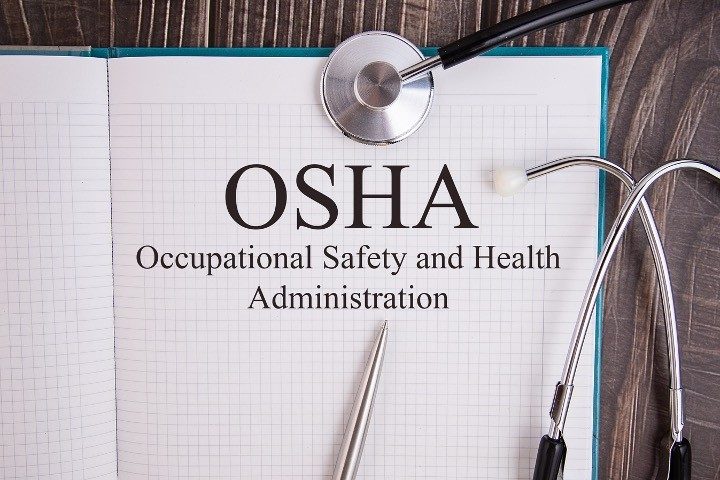
The Occupational Safety and Health Administration has withdrawn its unconstitutional China virus vaccine and testing mandate pursuant to a ruling from the U.S. Supreme Court two weeks ago.
The Labor Department subsidiary had tried to force all businesses with more than 100 employees to follow its draconian mandates, but the Supreme Court upheld a lower court’s stay on the mandate, which the court said was an overreach of the agency’s authority to regulate American workplaces.
Though the court has upheld mandates for healthcare workers, the high court’s ruling regarding OSHA and the agency’s retreat are a major defeat for the regime and its Branch Covidian allies.
The Court Said No
OSHA attributed pulling the mandate to the court’s 6-3 ruling.
“After evaluating the Court’s decision, OSHA is withdrawing the Vaccination and Testing [Emergency Testing Standard] as an enforceable emergency temporary standard,” the agency said:
To the extent that this withdrawal is not already generally exempt from the notice and comment requirements of the Administrative Procedure Act and the OSH Act, OSHA finds good cause that the opportunity for public comment on this withdrawal is impracticable, unnecessary, and contrary to the public interest … because it would unnecessarily delay the resolution of ambiguity for employers and workers alike. This agency action becomes effective immediately both because there is good cause and because the action removes a requirement on the regulated community.
The mandate will remain a “proposed rule.”
In withdrawing the rule, the agency is “admitting what everyone had been saying, which is that the rule is dead,” a lawyer told the New York Times:
The Labor Department’s decision to withdraw the rule means that the outstanding legal proceedings will be dropped. The case was headed back to the U.S. Court of Appeals for the Sixth Circuit in Cincinnati for further consideration, though that court most likely would have followed the Supreme Court’s lead and struck it down.
OSHA could still try to move a version of the vaccine-or-test standard forward through its official rule-making process, such as one focused on high-hazard industries like meatpacking, but that would likely still face legal challenges, according to David Michaels, a former OSHA administrator who is a professor at George Washington University.
The mandate, which OSHA imposed in November, would have covered 84 million workers.
Court Ruling
In its January 13 ruling, SCOTUS said the secretary of labor does not have that much power.
“COVID-19 can and does spread at home, in schools, during sporting events, and everywhere else that people gather,” the court’s majority wrote. “That kind of universal risk is no different from the day-to-day dangers that all face from crime, air pollution, or any number of communicable diseases.”
As well, an inoculation cannot be undone:
Permitting OSHA to regulate the hazards of daily life — simply because most Americans have jobs and face those same risks while on the clock — would significantly expand OSHA’s regulatory authority without clear congressional authorization.
[A] vaccine mandate is strikingly unlike the workplace regulations that OSHA has typically imposed. A vaccination, after all, “cannot be undone at the end of the workday.” Contrary to the dissent’s contention, imposing a vaccine mandate on 84 million Americans in response to a worldwide pandemic is simply not “part of what the agency was built for.”
On the same day, the court ruled that the Department of Health and Human Services can order healthcare workers to get vaccinated, however, saying that that agency’s secretary had not exceeded his authority.
“There can be no doubt that addressing infection problems in Medicare and Medicaid facilities is what he [Xavier Becerra] does,” the justices wrote:
And his response is not a surprising one. Vaccination requirements are a common feature of the provision of healthcare in America: Healthcare workers around the country are ordinarily required to be vaccinated for diseases such as hepatitis B, influenza, and measles, mumps, and rubella. …
[T]he Secretary did not exceed his statutory authority in requiring that, in order to remain eligible for Medicare and Medicaid dollars, the facilities covered by the interim rule must ensure that their employees be vaccinated against COVID-19.
So, although healthcare workers are still subject to the Branch Covidians’ forced vaccinations, 84 million other workers are free from them — so far.




